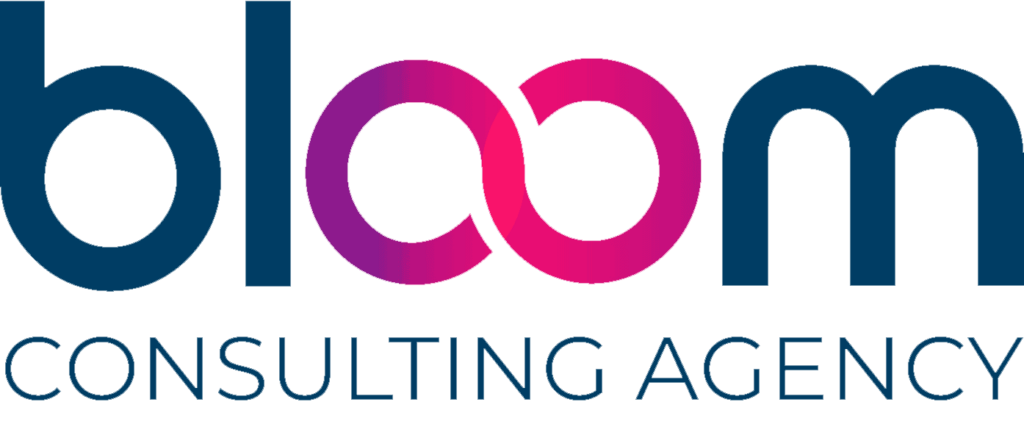In the complex world of healthcare, medical billing and claims processing can be a challenging task. One of the most frustrating hurdles faced by healthcare providers and patients alike is the denial of insurance claims. Denied claims can result in delayed payments, revenue loss, and increased administrative burdens. However, with the right strategies and tools, healthcare organizations can effectively address denied claims and optimize their revenue cycle management. In this post, we will explore the reasons behind claim denials and provide a comprehensive guide on how to tackle them effectively.
What are Denied Claims?
Denied claims in healthcare refer to medical insurance claims that have been submitted by healthcare providers (hospitals, clinics, physicians, etc.) to insurance companies and subsequently rejected or not paid. When a claim is denied, it means that the healthcare provider will not receive reimbursement from the insurance company for the services rendered, and the financial responsibility may then fall on the patient. Common reasons for claim denials in healthcare include inaccurate or incomplete information, lack of prior authorization, coding errors, timeliness issues, non-covered services, medical necessity disputes, billing errors, and policy exclusions.
Importance of Efficient Claims Denials Workflow
An efficient claims denial workflow is essential for healthcare organizations for several reasons. When claims are denied, providers risk losing revenue for services rendered. An effective denials workflow helps identify and rectify issues promptly, ensuring that legitimate claims are paid, thus maximizing revenue.Timely resolution of claim denials is essential for maintaining a steady cash flow. An efficient workflow streamlines the process, reducing the administrative burden and associated costs. It allows staff to focus on addressing the root causes of denials rather than manual and time-consuming tasks. Delays in claim resolution can lead to increased patient frustration and dissatisfaction. Patients may receive bills for services they expected their insurance to cover, causing confusion and dissatisfaction. An efficient denial workflow helps resolve billing issues more quickly, improving the overall patient experience. An efficient claims denials workflow is essential for healthcare organizations to maintain financial stability, provide excellent patient care, and comply with industry regulations. By addressing denials effectively and proactively, healthcare providers can maximize revenue, reduce costs, and improve overall operational efficiency.
Key Elements of Efficient Claims Denials Workflow
An efficient claims denials workflow is essential for healthcare organizations to address and resolve claim denials promptly and effectively. To establish such a workflow, several key elements should be in place. The first is identification and tracking of denials. Capture and categorize every denied claim, including the reason for denial and the dollar amount involved. Then investigate the underlying causes of denials to address them at their source. This may involve analyzing coding errors, documentation issues, eligibility problems, or other issues specific to your organization. Next, prioritize denied claims based on their potential impact on revenue and the likelihood of successful resolution. Focus resources on high-value claims with the greatest chance of overturning the denial. After prioritizing, focus on an appeals process. Establish a standardized appeals process for challenging denied claims. Clearly define responsibilities for each step of the appeals process and ensure that deadlines for appeals are consistently met. Maintain clear and detailed documentation of all interactions with payers regarding denied claims. Keep staff informed about changes in billing regulations and payer policies. Foster positive relationships with insurance companies and payers, and establish regular communication channels to resolve denials more effectively. Ensure that the workflow adheres to all relevant healthcare regulations, including HIPAA, to protect patient data and maintain legal compliance.
Tips for Implementing Efficient Claims Denials Workflow
Here are some tips to help you successfully implement and optimize your denials management process: Form a multidisciplinary team involving billing, coding, clinical staff, and IT professionals to collectively design and implement the denials workflow. Document the existing claims denials process, from claim submission to resolution. Identify bottlenecks, inefficiencies, and areas for improvement. Design a clear and standardized workflow that outlines the steps for identifying, categorizing, appealing, and tracking denied claims. Define roles and responsibilities for each step in the process. Consider implementing denials management software or revenue cycle management systems to automate tasks, track denials, and generate reports. Provide comprehensive training for staff members involved in the denials management process. Ensure they understand the workflow, appeal procedures, and coding guidelines. Establish a standardized documentation process for all interactions with payers, including claim submissions, appeals, and correspondence. Regularly review and update the denials workflow to adapt to changing regulations and industry standards. Maintain open and professional communication channels with insurance companies and payers. Establish dedicated contacts for claim inquiries and resolution. Continuously monitor the performance of your denials workflow, and benchmark your organization’s performance against industry standards and best practices.
Implement an Efficient Claims Denials Workflow
Bloom Healthcare Consulting in Florida is here to help your organization create a clean, effective workflow for working claims denials. Our staff of healthcare claims experts is familiar with claims denials and how to process them, and can offer their experience to create a workflow that works best for your business.









